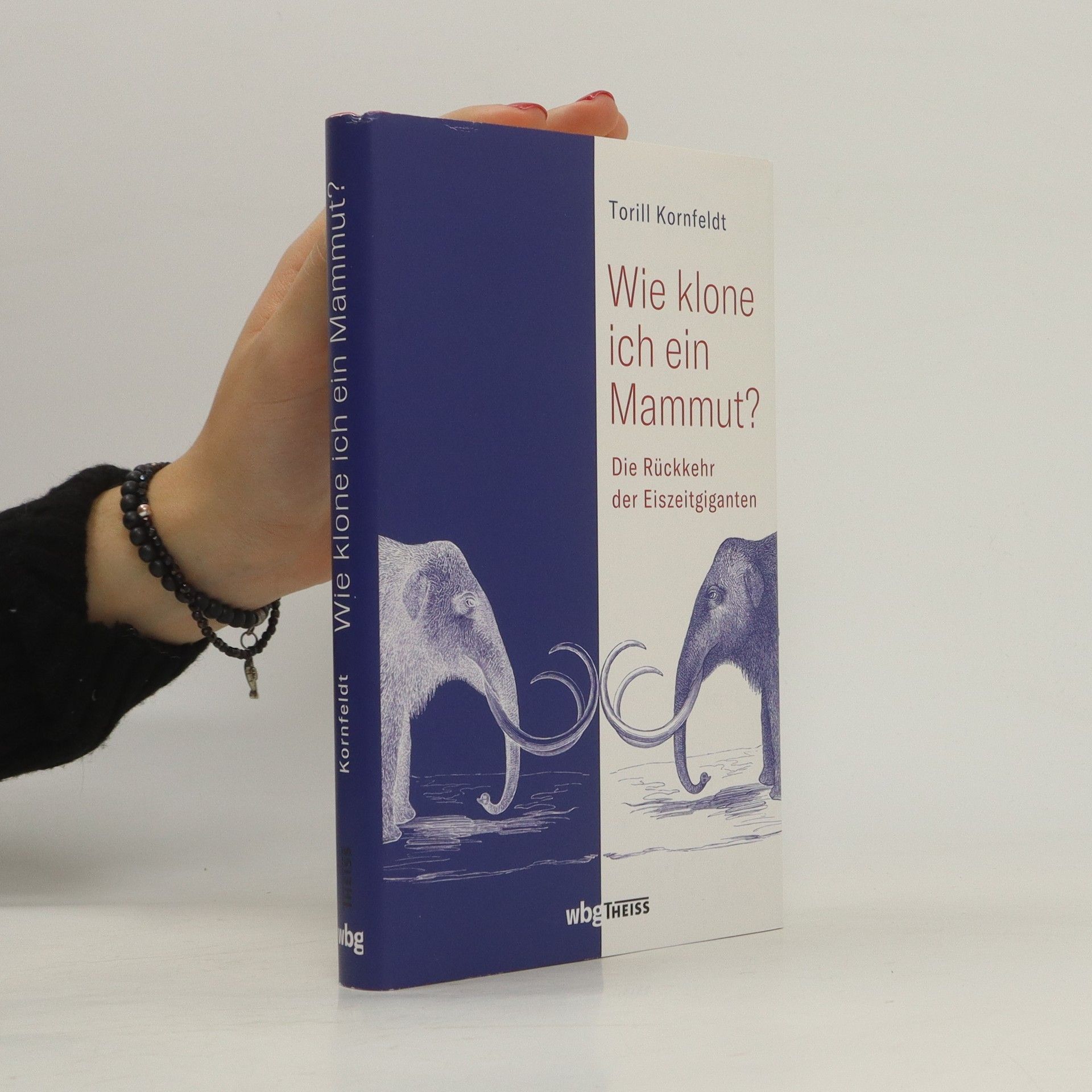How are we supposed to handle these new tools that could end up changing our genetic material? The advancement of the new genetic technology has hurtled forward at breakneck speed. When the first genetically modified children, the twins Lulu and Nana, were born in China in 2018, it became clear that humanity was facing possibilities that we had, previously, only been able to imagine. With the pair of genetic scissors known as CRISPR, we could potentially choose the traits of our children and avoid ageing and disease. But with that ability comes a new set of risks, forcing us to face hard ethical and societal questions. Torill Kornfeldt has travelled all over the world to meet the people who are driving the research forward. She has visited fertility clinics in South Korea, oncologists in China who are experimenting on sick patients, and biohackers in the US who want to make the new technology available to everyone. In The Unnatural Selection of Our Species, she examines recent developments in gene editing and what might still be waiting around the corner.
Torill Kornfeldt Knihy
Torill Kornfeldt je vědecká novinářka, autorka a přednášející se zaměřením na biologii a biotechnologie. Její tvorba se ponořuje do složitých témat těchto oborů a přibližuje je čtenářům. Ve své práci se zaměřuje na propojení vědeckých poznatků s jejich širšími společenskými a etickými implikacemi. Přináší pronikavé vhledy do světa vědy a jejího dopadu na náš život.


Wie wäre es, wenn in naher Zukunft wieder Herden riesiger Mammuts in der sibirischen Tundra umherstreifen? Oder wenn mächtige Auerochsen auf deutschen Weiden grasen? Wird es eines Tages tatsächlich möglich sein, Dinosaurier zu klonen? Wenn ja, wäre das wirklich eine gute Idee? Überall auf der Welt versuchen Wissenschaftler, Antworten auf diese Fragen zu finden und arbeiten daran, längst ausgestorbene Arten wiederzubeleben. Manche forschen aus purer Neugier, andere, weil sie glauben, die Rückkehr dieser Arten könne eine Bereicherung unserer Ökosysteme und eine erfolgreiche Waffe etwa im Kampf gegen den Klimawandel sein. Torill Kornfeldt spricht mit Menschen, die ausgestorbene Arten anhand von DNA aus Knochenfunden oder eingefrorenen Zellen und mithilfe grenzenloser Vorstellungskraft zu klonen versuchen. Sie zeigt, welche Auswirkungen diese Experimente auf unsere Umwelt und die Menschheit als solche hätten, und hinterfragt, wie weit wir mit unserer Forschung tatsächlich gehen sollten.